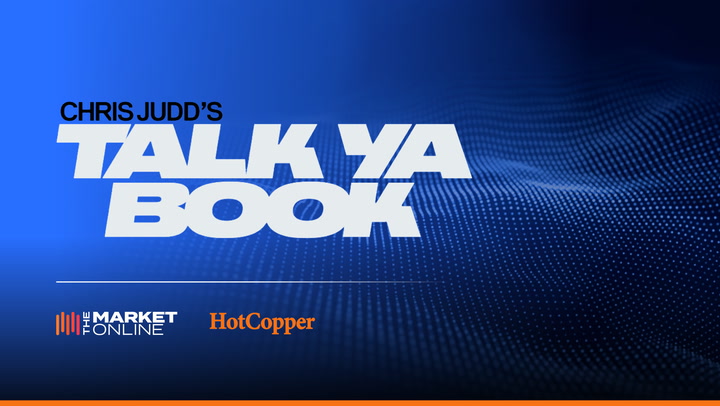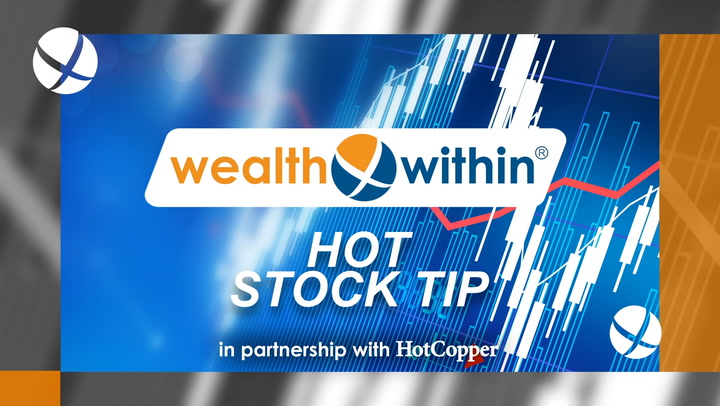- ASX-listed Harris Technology Group (HT8) has found a way to disrupt the eCommerce market by selling products through established platforms
- The company partners with the likes of eBay, Kogan, Catch, and MyDeal to leverage the marketing expenses of these big players
- This means the Harris’ advertising expense per dollar sales is essentially nil across its suite of tech products essential for workplaces and home studies
- A general rule of thumb in the eCommerce sector is to dedicate around 10 per cent of revenue to marketing and advertising; Harris’ marketing spend over the September 2020 quarter was less than 0.1 per cent of total revenue
- Because of this platform reseller business model, Harris is not operating in competition to other major eCommerce website but in synergy with them
- Interestingly, though Harris owns the study room like Temple and Webster owns the living room, HT8 trades at a discount to peers providing the same services to a major addressable market
- This means Harris is in a prime position to quickly catch up to its peers as a formidable presence in the eCommerce market
The eCommerce industry has long been dominated by established giants like Amazon, eBay, and Alibaba.
While potential competitors across the space are constantly popping up around the globe, it takes some serious marketing expenses and a stellar platform to draw potential customers away from what they already know and love.
However, ASX-listed Harris Technology Group (HT8) has found a way to disrupt this market by taking advantage of already-established platforms to sell its products.
While the company has its own website from which customers can make their purchases, Harris is also building up a reputation as a leading seller on platforms that already have an established customer base.
In fact, Harris was ranked as Amazon Australia’s best marketplace seller for the month of July 2020, according to U.S.-based market research firm Marketplace Pulse.
By partnering with the likes of eBay, Kogan, Catch, and MyDeal, Harris is working towards becoming the leading online eCommerce entity in Australia.
Owning the Australian study room
Harris’ product portfolio is mainly focussed on tech products essential for workplaces and home studies.
From printers to modems to smart-home power outlets, Harris owns the study room like Temple & Webster owns the living room.
This is extremely pertinent given the recent fundamental shift in the way people work. As workers around the world get set up in their home offices in light of coronavirus restrictions and infection fears, demand for affordable, high-quality at-home tech is soaring.
And this trend is likely to continue. Several countries across the globe are starting to get the virus under control and economies are beginning to reopen — and businesses are realising they don’t need as much office space as they may have previously thought.
As such, work hubs are being downsized and employees are continuing to work at home, even as the worst of the virus subsides in some nations — meaning the strong demand for the products Harris provides won’t fizzle out when COVID-19 comes to an end.
Harris’ astute management team has positioned the company to reap the rewards.
A smart, highly leveraged business model
As a platform reseller, Harris’ business model means it can achieve the same outcomes as major established eCommerce players at a fraction of the cost.
Effectively, by selling its products through other platforms, Harris is able to leverage the marketing expenses of these big players. This means Harris’ advertising expense per dollar sales is essentially nil.
For example, taking a look at the company’s September 2020 quarterly report, Harris spent just $5000 on marketing from July to September.
For reference, a general rule of thumb in the eCommerce sector is to devote around 10 per cent of revenue to marketing and advertising. With Harris Tech’s $9.5 million in sales revenue for the September quarter, its advertising expenses comprise less than 0.1 per cent of this.
But how does the company’s sales revenue compare to its peers if its marketing costs are so low?
Harris undervalued

Like Harris, Temple & Webster and MyDeal operate retail eCommerce businesses.
From the graph above, it’s clear that MYD and HT8 have comparable revenues, with only around $1 million in difference for the 2020 financial year.
However, MyDeal’s share price has consistently traded upwards of $1.20 since listing on the ASX, with a market cap of more than $300 million.
Meanwhile, Temple & Webster pulls in significantly more revenue than both HT8 and MYD and has a market cap of $1.2 billion.
Harris’ market cap is around $40 million.
The takeaway is this: Harris Technology Group trades at a massive discount to peer companies providing the same services to a major addressable market.
Moreover, because of the platform reseller business model, Harris is not operating in competition to these major eCommerce website but in synergy with them.
Harris’ products sell through these peer platforms — meaning as they grow, Harris grows too. This savvy business model means Harris can reap large rewards with minimal financial sowing.
As such, Harris is a hidden gem on the ASX just waiting to be uncovered. Given its undervalued position on the market, the company is in a prime position to quickly catch up to its peers as a formidable presence in the eCommerce market.
The onus, then, is on investors to jump on the opportunity before they miss their chance.








